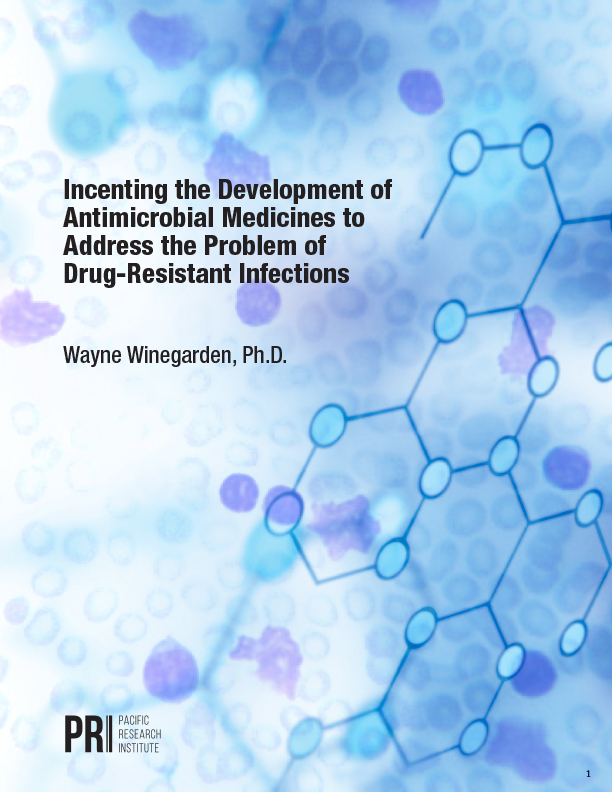Los Angeles Times: President Trump wants you to get your flu shot
Influenza — the flu — is more than a bad cold. Seasonal outbreaks mean not only misery but increased hospital admissions and deaths. The last flu season, from October 2018 until May 2019, caused up to 42.9 million illnesses, up to 647,000 hospitalizations and up to 61,200 deaths, according to preliminary numbers from the Centers for Disease Control and Prevention. Those figures are slightly higher than the average over the last decade. What can we expect this year? Australia’s flu season, which...


